The 2018 midterms saw a major change in the House of Representatives. Control of the House shifted from red to blue, with Democrats retaking control of the House for the first time since the 2010 midterm elections.
But control of the House was not the only change. More women than ever before were elected to Congress in 2018 and several historic firsts occurred as well leading to a more diverse House of Representatives, more reflective of the United States population for the 116th Congress that convenes in January, 2019.
As expected with new blood, some members of the Democratic side of the House were dissatisfied with the leadership at the top. California Representative Nancy Pelosi once served as Speaker of the House from 2007 until 2011, then served as House Minority Leader since then until now.
Pelosi remains the only woman to ever serve as Speaker of the House.
With many members-elect being progressives who campaigned on change, one might think they would push for the shift in leadership. On the contrary, the biggest push is coming from Democratic incumbents. Democratic male incumbents.
For days, the opposition to Pelosi teased a letter was forthcoming with 17 signatures of House members pledged to vote against Pelosi as Speaker of the House.
But when the letter was finally released Monday, only 16 signatures were present: 14 men and two women.
And two of the 16 are not even officially members or members-elect of Congress yet.
Both Anthony Brindisi of New York and Ben McAdams of Utah await final results of their bids to unseat their district's Republican incumbent. Current projections have Brindisi ahead, but McAdams trailing. Both men signed the letter as "member-elect."
The letter reads:
"We are thankful to Leader Pelosi for her years of service to our Country and to our Caucus."
"However, we also recognize that in this recent election, Democrats ran on and won on a message of change."
"Our majority came on the backs of candidates who said that they would support new leadership because voters in hard-won districts, and across the country, want to see new change in Washington."
"We promised to change the status quo, and we intend to deliver on that promise. Therefore, we are committed to voting for new leadership in both our Caucus meeting and on the House Floor."
That leaves just two members-elect of Congress on the letter: Joe Cunningham of South Carolina and Jeff Van Drew of New Jersey. Of the two, only Cunningham is new to politics.
The lack of new faces and the abundance of mostly male career politicians on the letter lead some to wonder if the opposition to Pelosi was less about "new leadership" and more about personal power grabs. Did some of the signers simply want their turn in the top spot?
So far, the opposition has not floated any names to replace Pelosi. And some have already backtracked on their commitment. Colorado Representative Ed Perlmutter, who signed the letter, told reporters keeping Pelosi but changing out other members of leadership was a "possibility."
Said Perlmutter:
"It’s about change. She’s not the goal. Maybe for some."
Reaction to the letter varied.
But more than a few noted the overall makeup of the letter's signatories.
In response to her detractors and any potential challengers, Pelosi stated:
"Come on in, the water's fine."



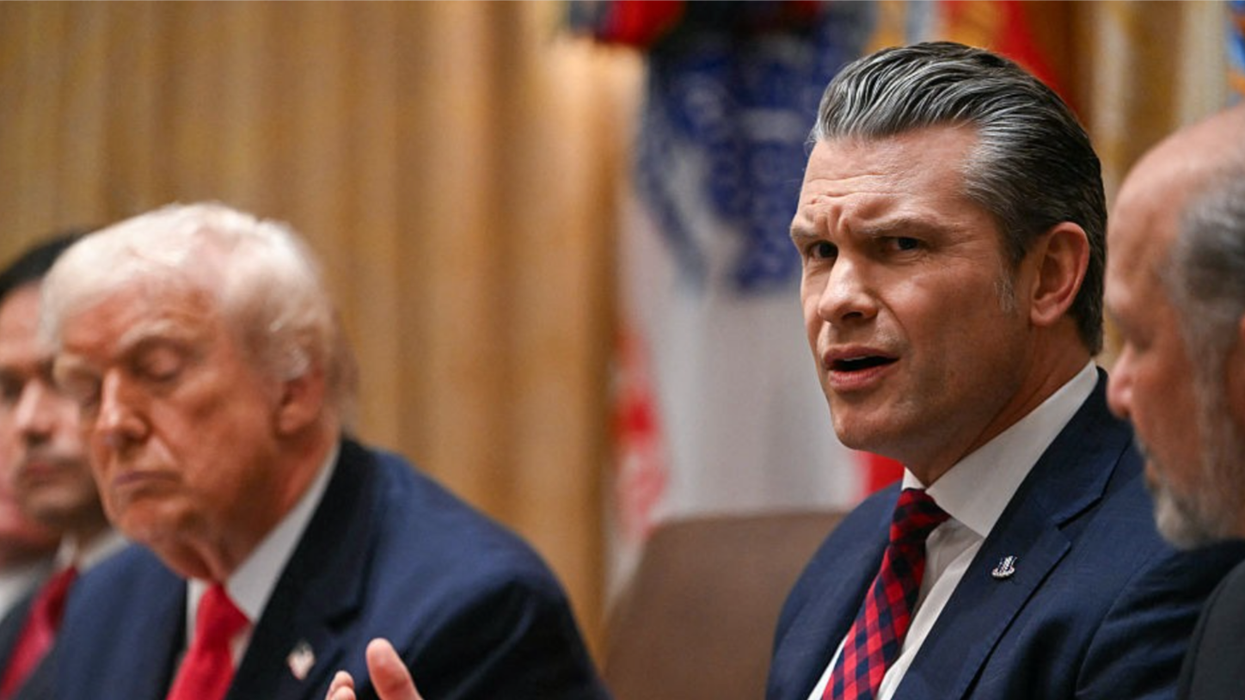

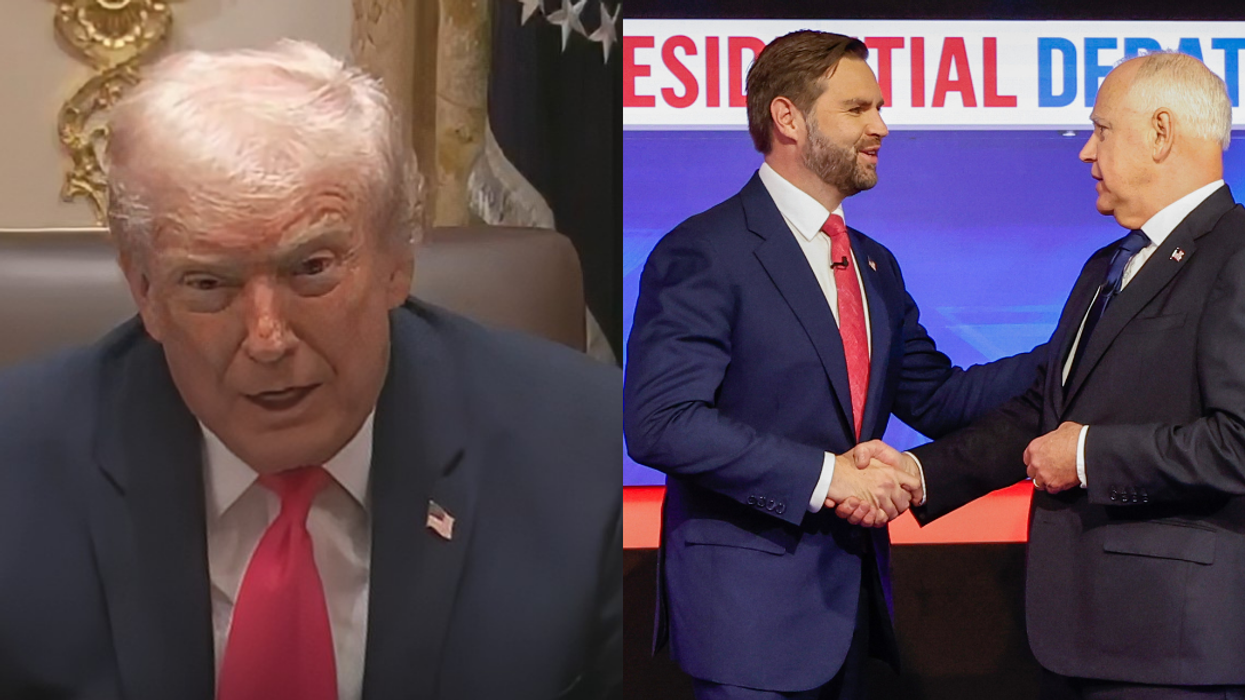
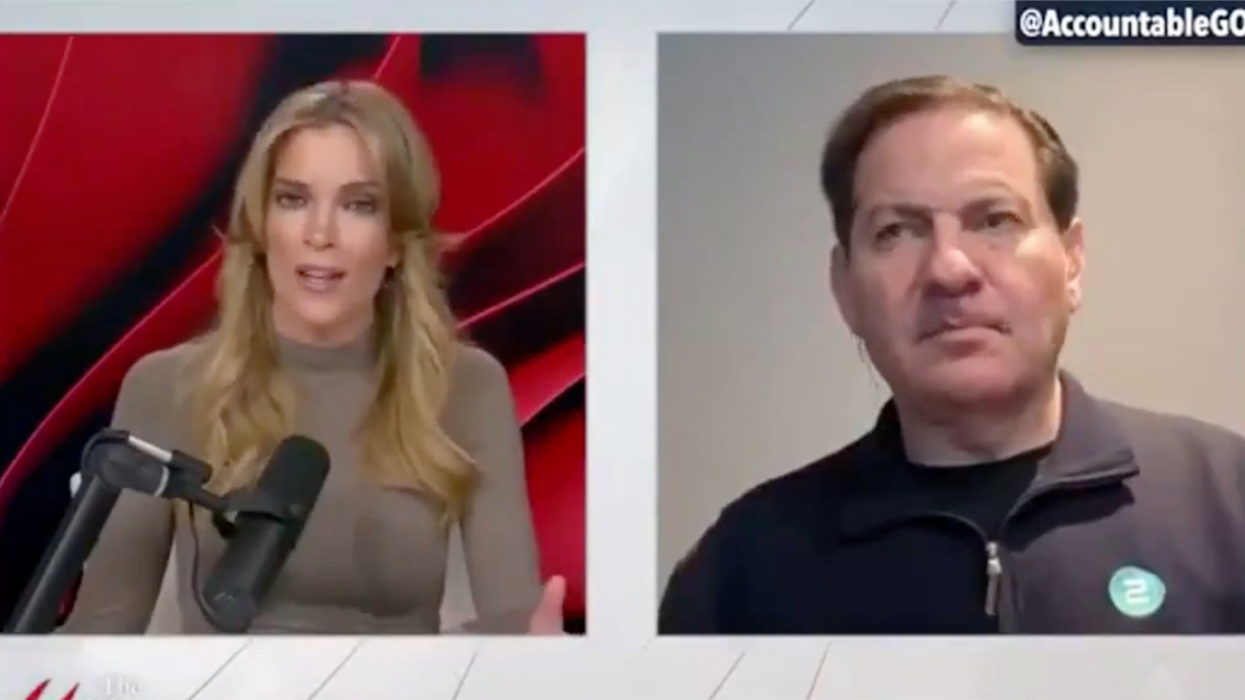

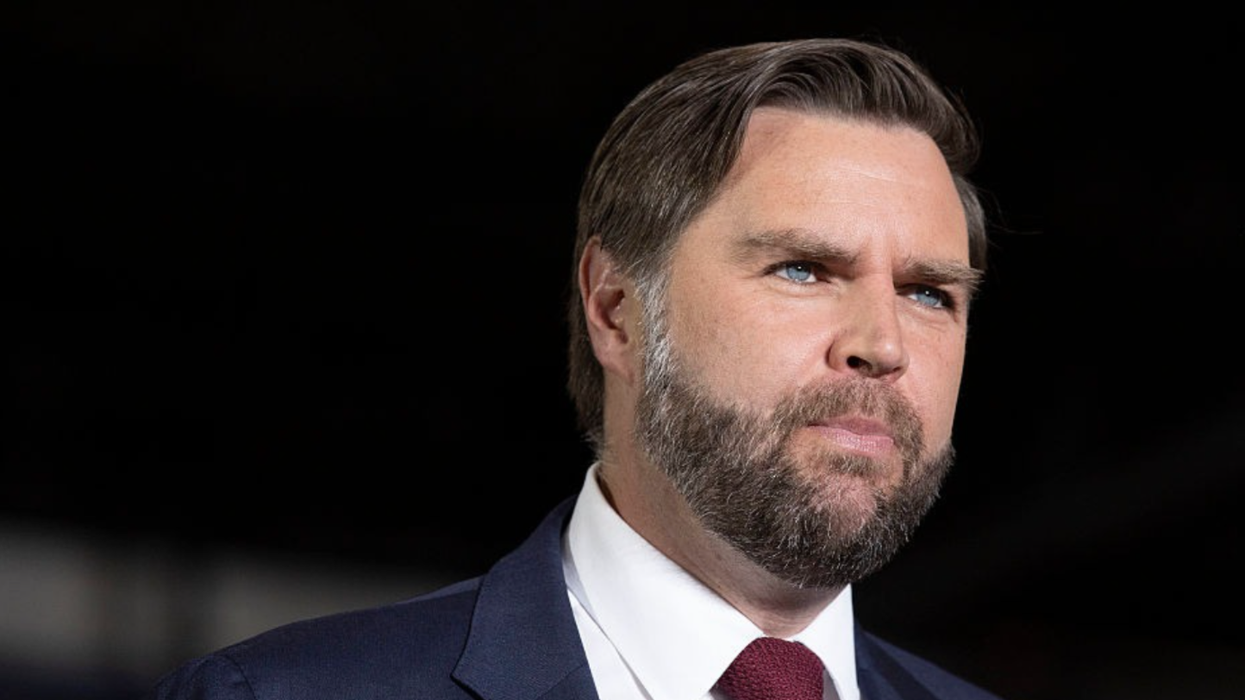
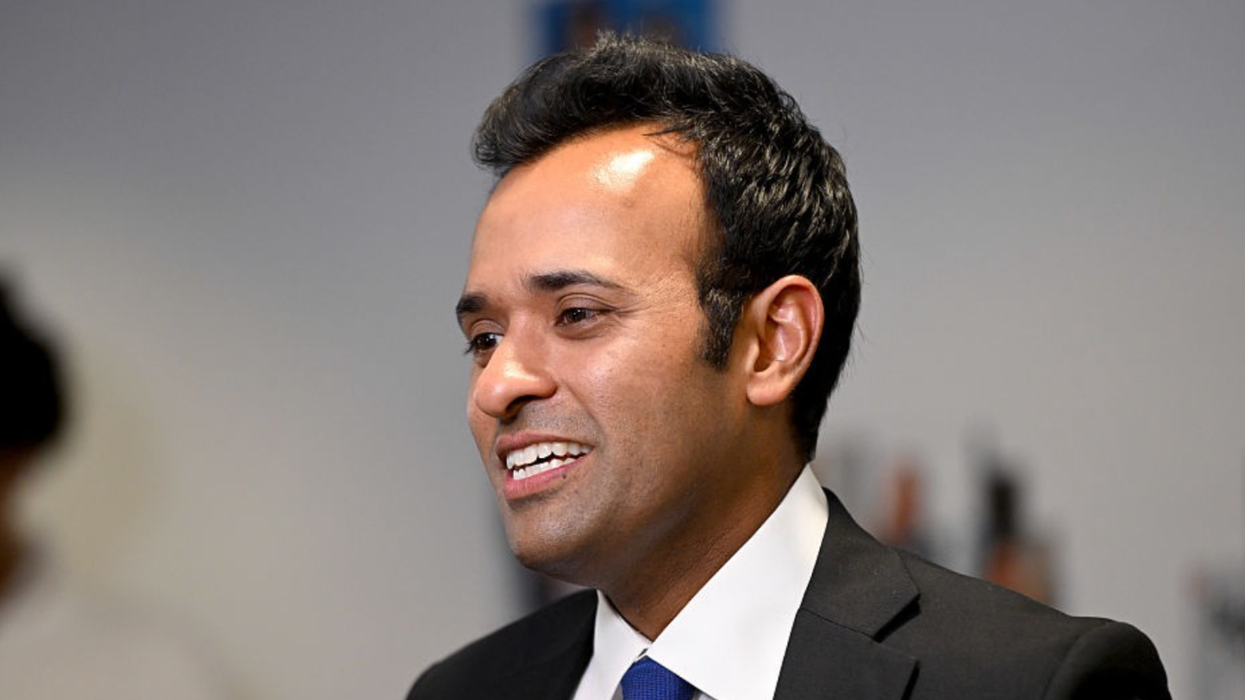


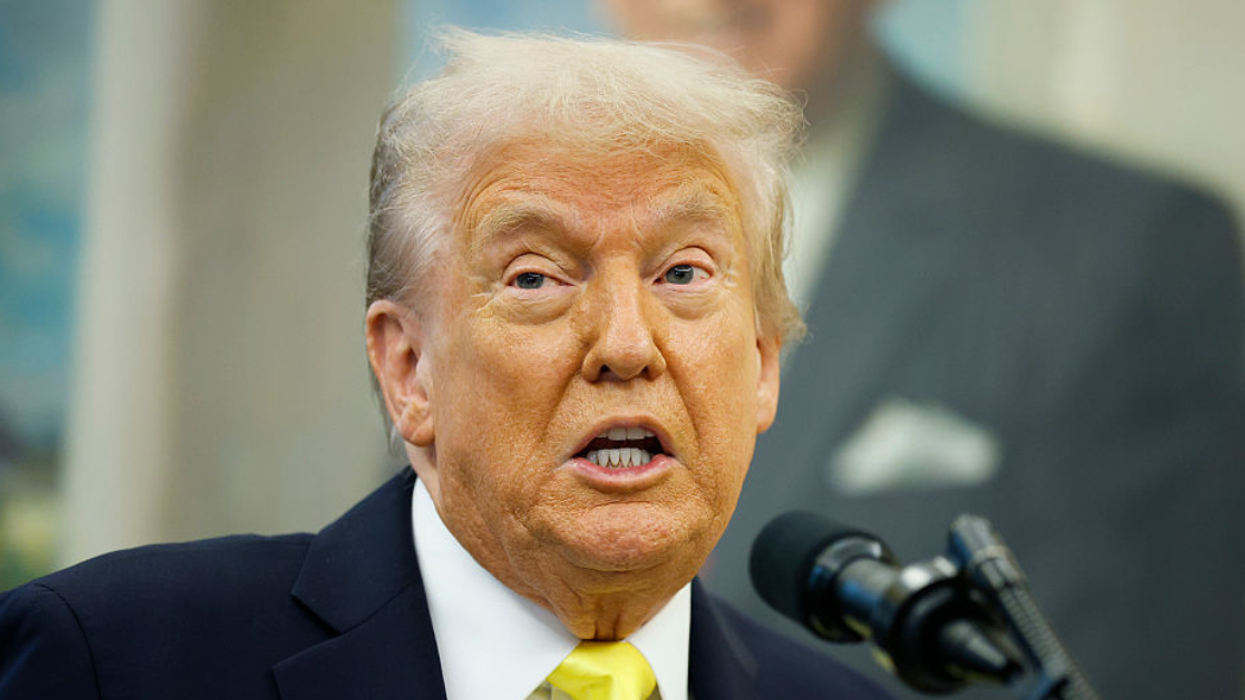

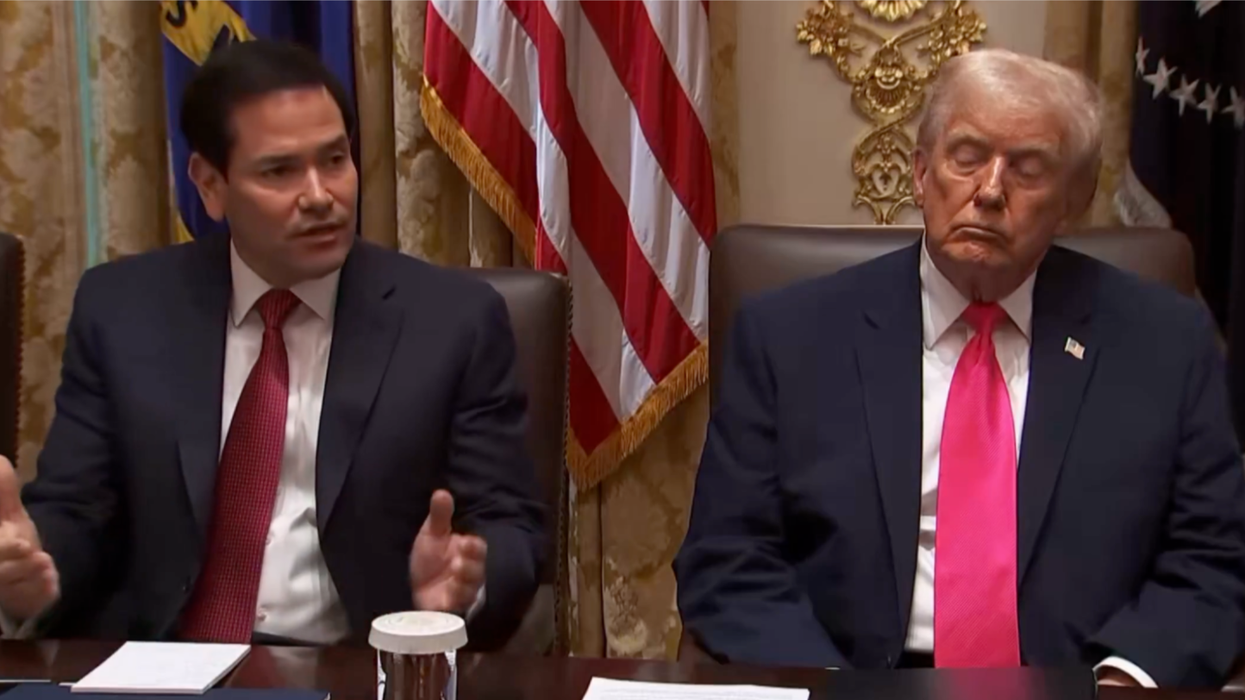

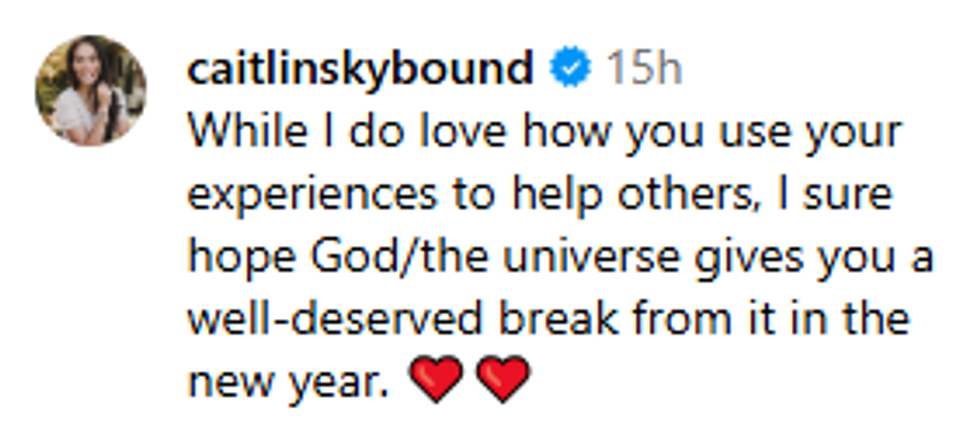 @todayshow/Instagram; @dcoulier/Instagram
@todayshow/Instagram; @dcoulier/Instagram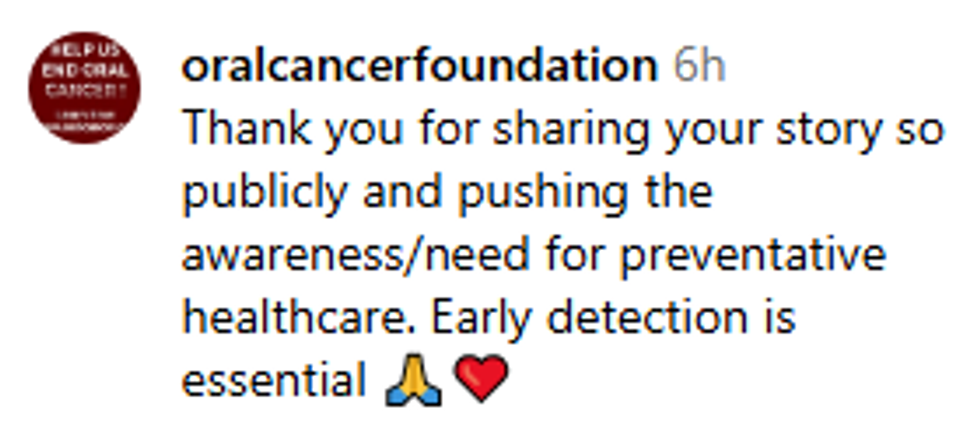 @todayshow/Instagram; @dcoulier/Instagram
@todayshow/Instagram; @dcoulier/Instagram @todayshow/Instagram; @dcoulier/Instagram
@todayshow/Instagram; @dcoulier/Instagram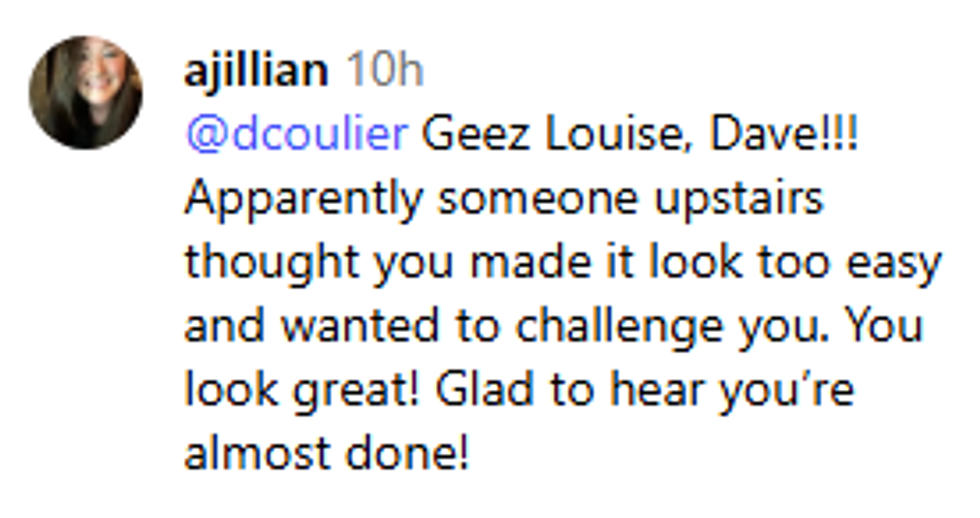 @todayshow/Instagram; @dcoulier/Instagram
@todayshow/Instagram; @dcoulier/Instagram @todayshow/Instagram; @dcoulier/Instagram
@todayshow/Instagram; @dcoulier/Instagram @todayshow/Instagram; @dcoulier/Instagram
@todayshow/Instagram; @dcoulier/Instagram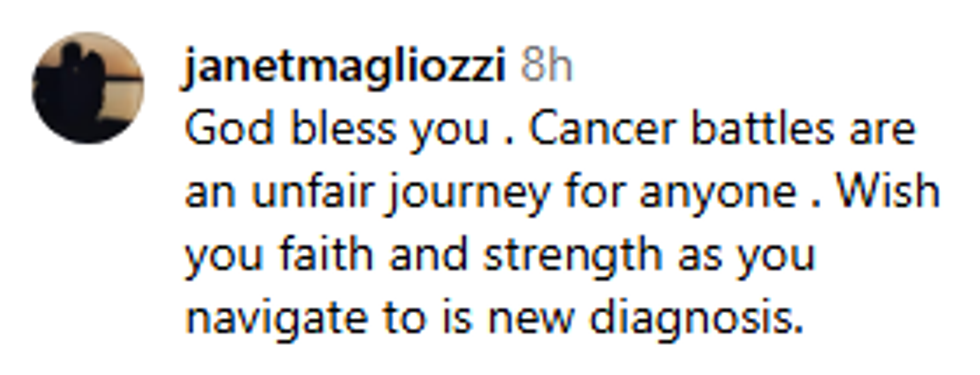 @todayshow/Instagram; @dcoulier/Instagram
@todayshow/Instagram; @dcoulier/Instagram @todayshow/Instagram; @dcoulier/Instagram
@todayshow/Instagram; @dcoulier/Instagram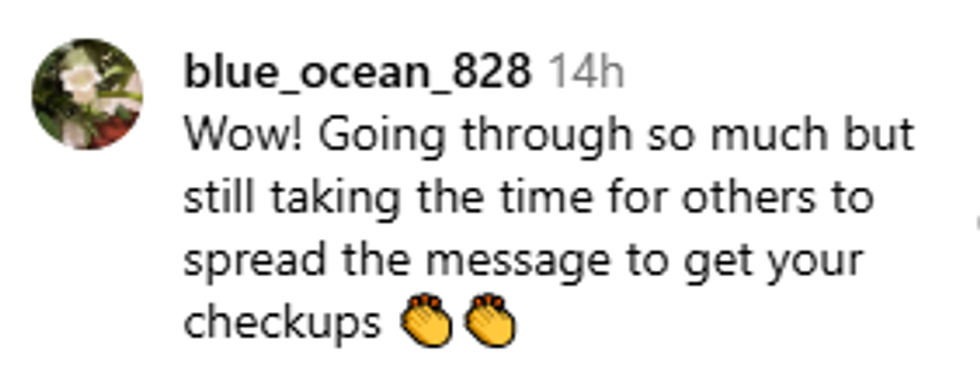 @todayshow/Instagram; @dcoulier/Instagram
@todayshow/Instagram; @dcoulier/Instagram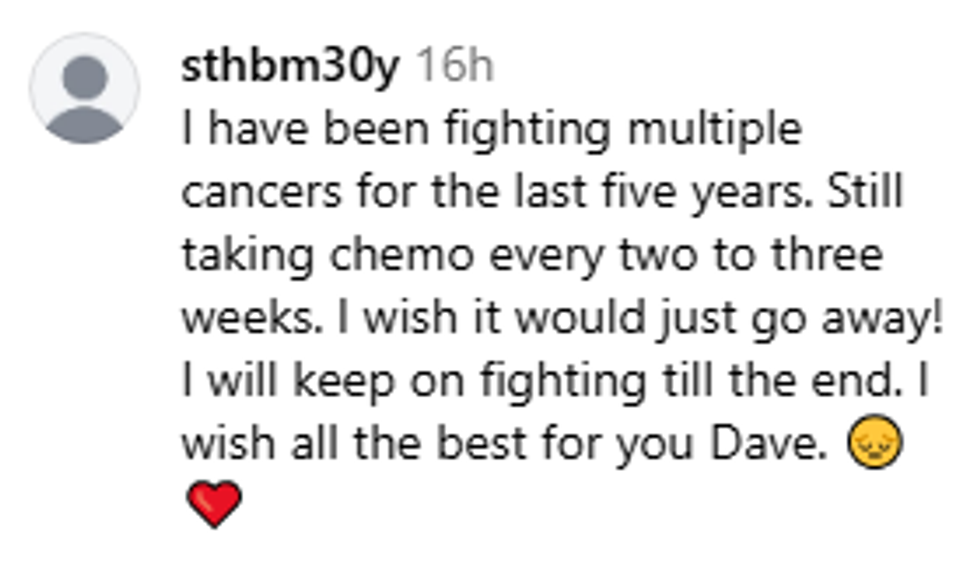 @todayshow/Instagram; @dcoulier/Instagram
@todayshow/Instagram; @dcoulier/Instagram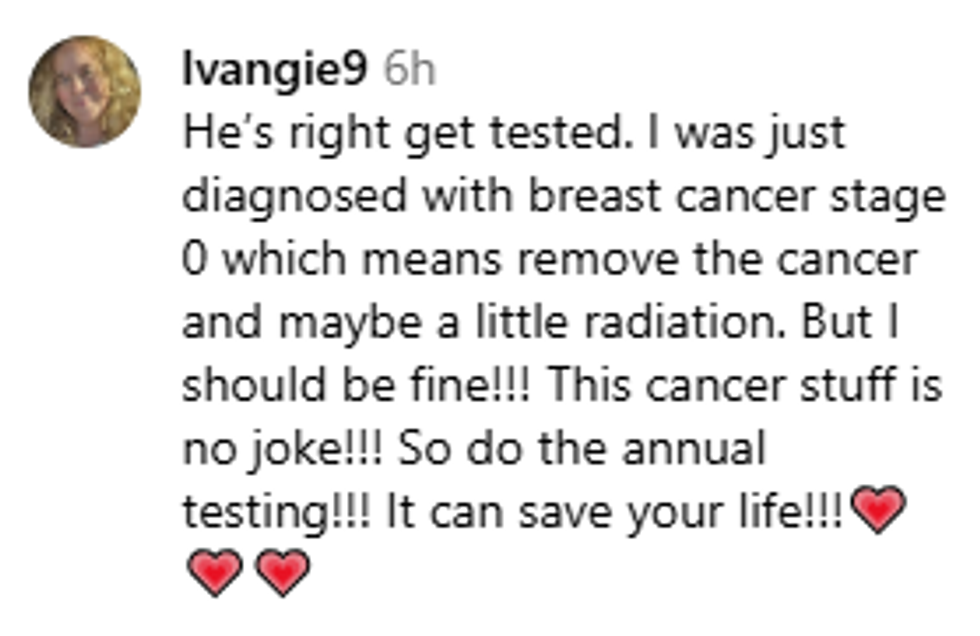 @todayshow/Instagram; @dcoulier/Instagram
@todayshow/Instagram; @dcoulier/Instagram